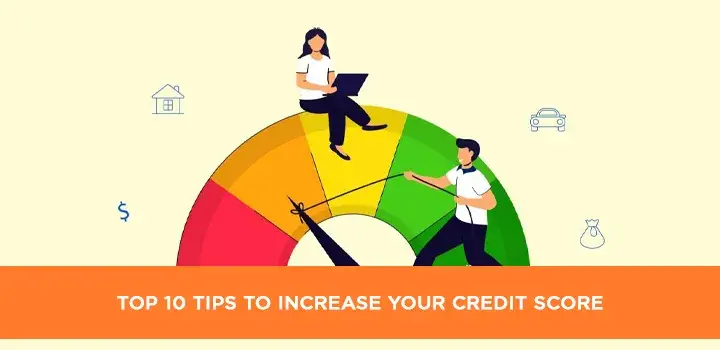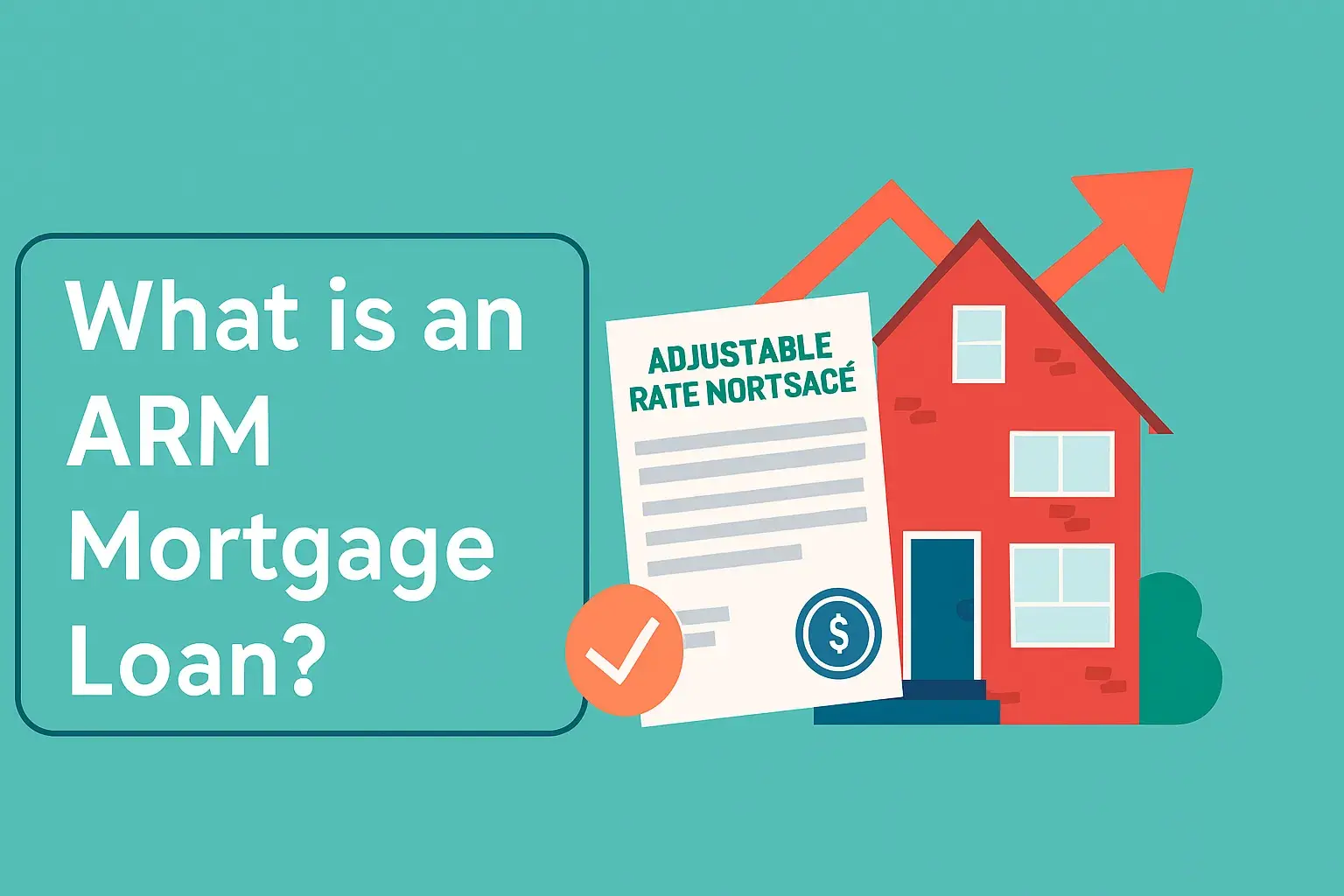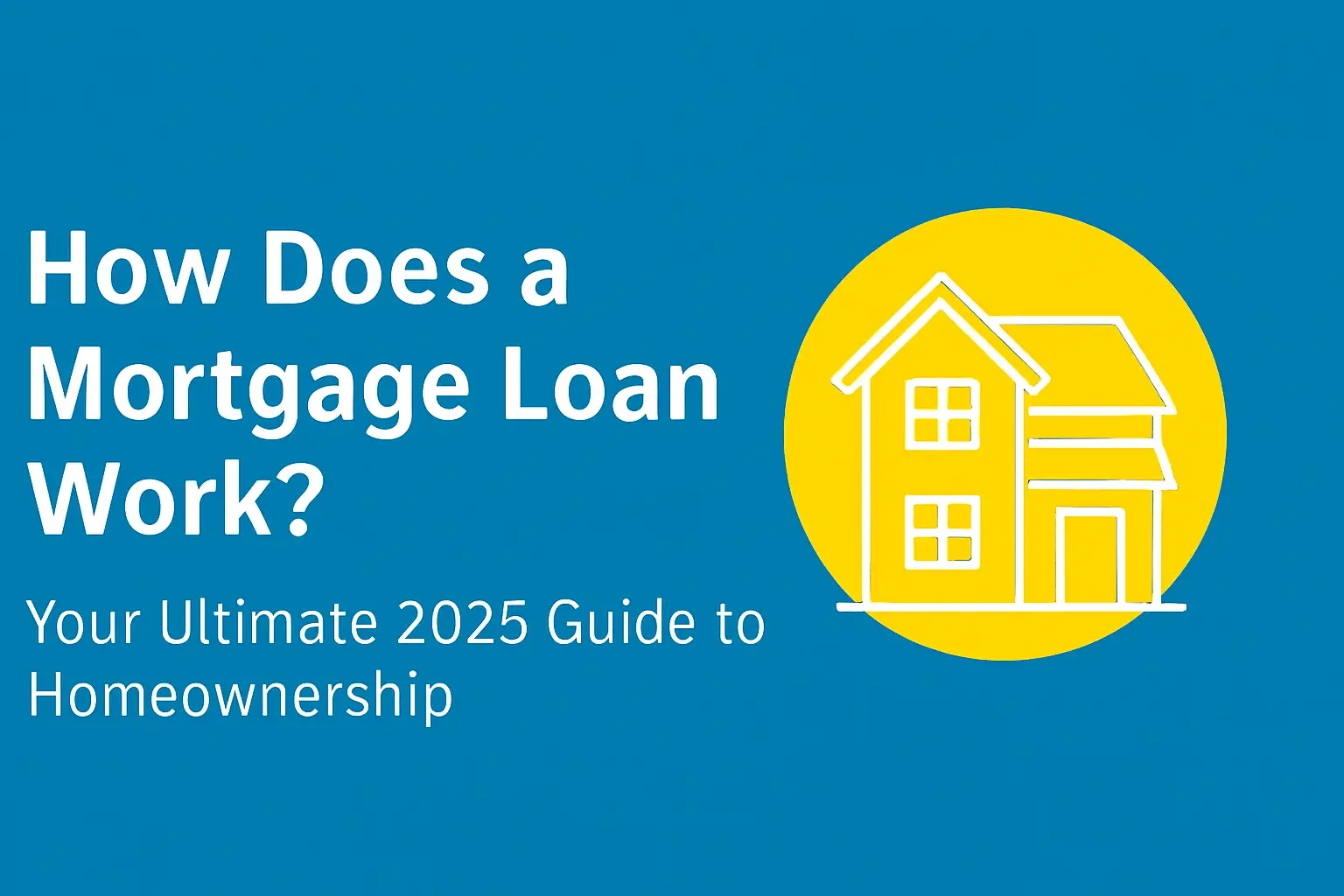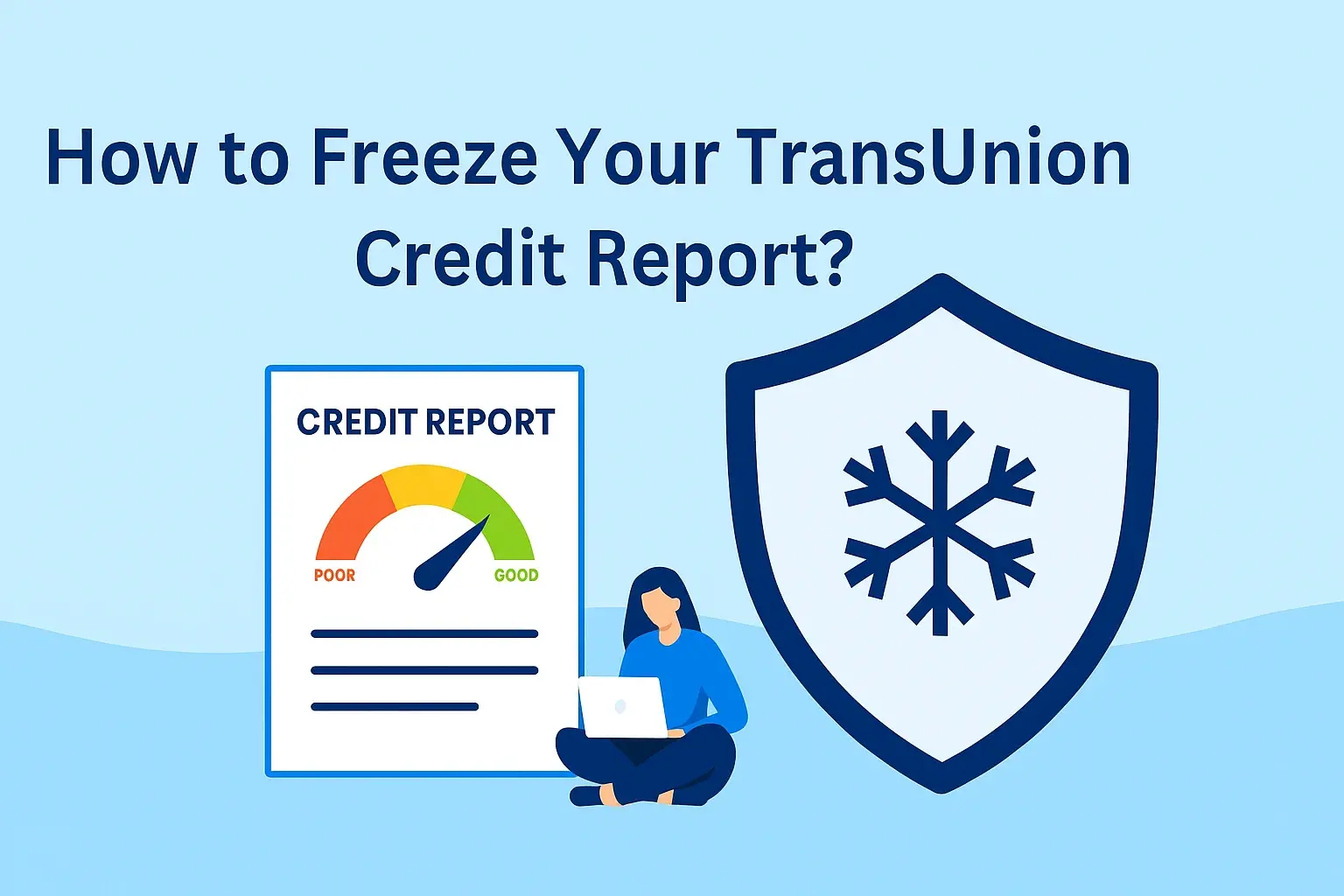A good credit score is essential for financial stability. It impacts everything from loan approvals and interest rates to rental applications and even job opportunities. If you're looking to improve your credit score, you've come to the right place. Credit Repair Ease is dedicated to providing you with the knowledge and tools you need to build a better financial future. Here are our top 10 tips to help you boost your credit score effectively.
Understanding Credit Scores
Before diving into the tips, it's important to understand what a credit score is and why it matters. A credit score is a three-digit number that represents your creditworthiness. It's based on your credit history and is used by lenders to assess the risk of lending you money. The most common credit scoring model is FICO, with scores ranging from 300 to 850. A higher score indicates a lower risk, making you more likely to be approved for loans and credit cards with favorable terms.
Factors that influence your credit score include:
- Payment History (35%): This is the most important factor. Paying your bills on time is crucial.
- Amounts Owed (30%): This refers to the amount of debt you owe in relation to your credit limits (credit utilization).
- Length of Credit History (15%): A longer credit history generally leads to a higher score.
- Credit Mix (10%): Having a mix of different types of credit (e.g., credit cards, loans) can be beneficial.
- New Credit (10%): Opening too many new accounts in a short period can negatively impact your score.
Top 10 Tips for Credit Score Improvement
-
Pay Your Bills On Time, Every Time
This is the single most important factor in your credit score. Set up automatic payments or reminders to ensure you never miss a due date. Even a single late payment can negatively impact your score. Consider using calendar reminders, budgeting apps, or directly enrolling in automatic payments through your lenders. Prioritize making at least the minimum payment, but aim to pay more whenever possible to reduce interest charges and accelerate debt payoff.
Pro Tip: Review your credit reports regularly to identify and dispute any inaccuracies or errors regarding payment history.
-
Keep Credit Utilization Low
Credit utilization refers to the amount of credit you're using compared to your total available credit. Aim to keep your credit utilization below 30%. Ideally, keep it under 10% for optimal results. For example, if you have a credit card with a $1,000 limit, try to keep your balance below $300 (or even $100). This demonstrates responsible credit management to lenders.
Strategies to Lower Credit Utilization:
- Pay down your balances more frequently throughout the month, not just at the end of the billing cycle.
- Request a credit limit increase from your credit card issuer (without increasing your spending, of course).
- Open a new credit card (but be mindful of new credit inquiries).
-
Review Your Credit Reports Regularly
You're entitled to a free credit report from each of the three major credit bureaus (Equifax, Experian, and TransUnion) annually at AnnualCreditReport.com. Check your reports for errors, inaccuracies, or signs of identity theft. Dispute any errors you find with the credit bureaus and the creditor involved. Correcting errors can significantly improve your credit score.
What to Look For:
- Incorrect personal information (name, address, etc.)
- Accounts you don't recognize
- Late payments you didn't make
- Incorrect credit limits
-
Become an Authorized User
If you have a friend or family member with a credit card who has a long, positive credit history, ask if you can become an authorized user on their account. Their positive payment history will be added to your credit report, which can boost your score. However, be sure the primary cardholder is responsible with their credit, as their negative behavior will also impact your score. Discuss expectations and responsibilities upfront.
Important Considerations:
- Make sure the credit card issuer reports authorized user activity to the credit bureaus.
- Choose someone with a strong credit history and responsible spending habits.
-
Avoid Opening Too Many New Accounts
Each time you apply for a new credit card or loan, a hard inquiry is added to your credit report. Too many inquiries in a short period can lower your score. Only apply for credit when you truly need it. Focus on managing your existing accounts responsibly before opening new ones. Each hard inquiry generally impacts your score for a short time (usually a few months), but the cumulative effect can be significant.
-
Keep Old Credit Accounts Open (Responsibly)
Closing old credit accounts can actually hurt your credit score, especially if they represent a significant portion of your available credit. Even if you don't use them often, keep them open and pay them off in full each month (or make small, recurring purchases) to keep them active and in good standing. A longer credit history is a positive factor in your score.
Exception: If you're struggling to manage multiple credit cards or are tempted to overspend, it may be best to close some accounts. However, consider the impact on your credit utilization before doing so.
-
Diversify Your Credit Mix
Having a mix of different types of credit, such as credit cards, installment loans (e.g., auto loans, student loans), and mortgages, can demonstrate your ability to manage different types of debt. However, don't take out loans just to diversify your credit mix. Focus on managing your existing credit responsibly and only apply for new credit when you need it. The impact of credit mix is relatively small compared to payment history and amounts owed.
-
Consider a Secured Credit Card
If you have a limited or poor credit history, a secured credit card can be a good way to build or rebuild your credit. Secured credit cards require a cash deposit as collateral, which typically becomes your credit limit. Use the card responsibly by making on-time payments and keeping your balance low. After a period of good behavior, some secured cards will convert to unsecured cards and refund your deposit.
-
Address Collections and Charge-Offs
Collections and charge-offs are negative marks on your credit report that can significantly lower your score. If you have any collections or charge-offs, take steps to address them. Contact the collection agency or creditor to discuss your options. You may be able to negotiate a payment plan or a settlement. In some cases, you may be able to get the collection or charge-off removed from your credit report after paying it off (a "pay for delete" agreement, although not all creditors will agree to this).
Important Note: Even if you pay off a collection or charge-off, it will still remain on your credit report for seven years from the date of the original delinquency. However, paying it off can improve your score compared to leaving it unpaid.
-
Be Patient and Consistent
Improving your credit score takes time and effort. There's no quick fix or magic bullet. Be patient and consistent with your efforts. Focus on building good credit habits, such as paying your bills on time and keeping your credit utilization low. Over time, these habits will pay off in the form of a higher credit score and a brighter financial future. Don't get discouraged if you don't see results immediately. Track your progress and celebrate small victories along the way.
When to Seek Professional Credit Repair
While these tips can help you improve your credit score on your own, there are times when seeking professional credit repair assistance is beneficial. Consider credit repair services if:
- You have numerous errors or inaccuracies on your credit reports that are difficult to resolve on your own.
- You've been a victim of identity theft and need help restoring your credit.
- You're overwhelmed with debt and need help managing your finances.
- You don't have the time or knowledge to handle the credit repair process yourself.
Credit Repair Ease offers comprehensive credit repair services to help you achieve your financial goals. We work with you to identify and dispute errors on your credit reports, negotiate with creditors, and develop a personalized plan to improve your credit score.











